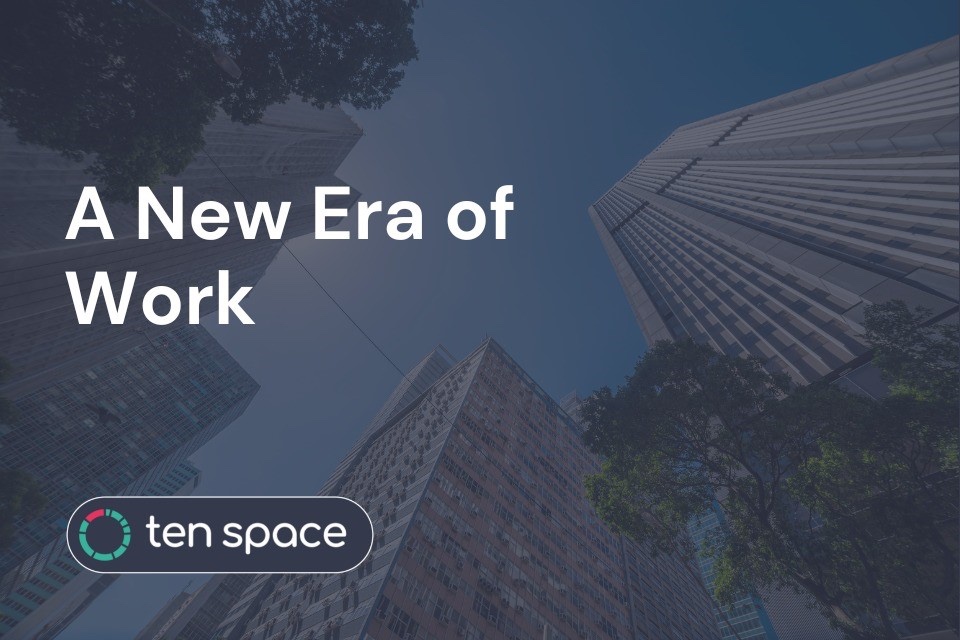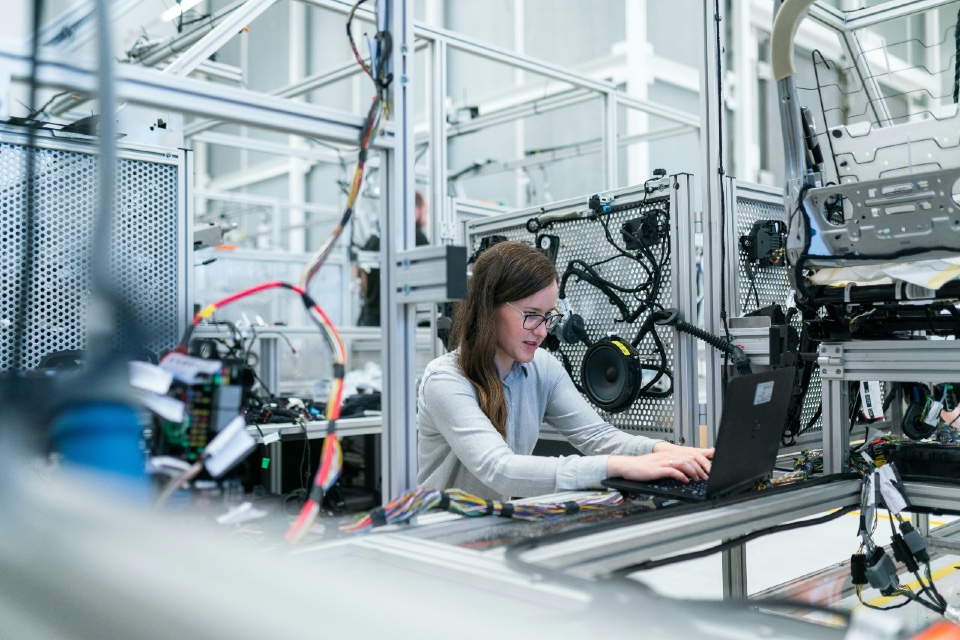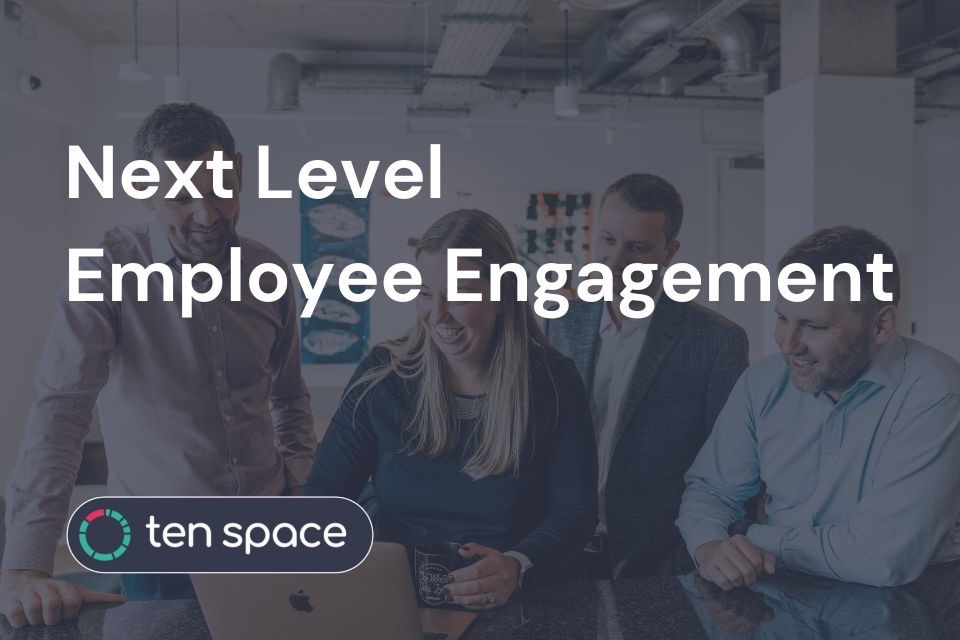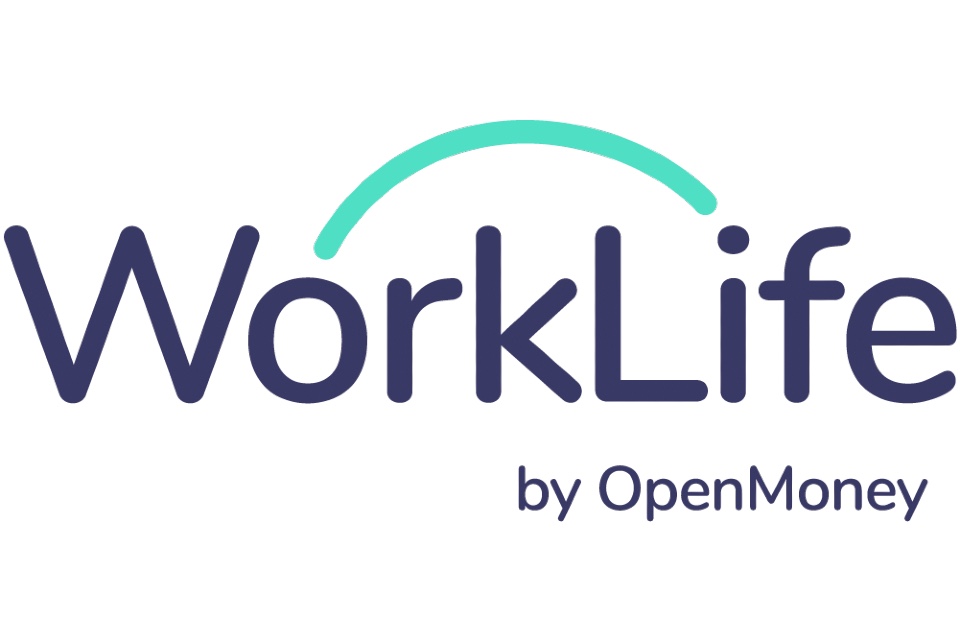Our working environments have changed forever as a result of the pandemic and continue to evolve. Companies that have embraced this change and were able to adopt or enhance agile practices are thriving. Those that failed to adapt are struggling to keep up and may be suffering the consequences.
Employee engagement has become the top priority for many companies as the pandemic has highlighted the importance of creating a positive and inclusive work environment. Employees value the recent changes in workplaces, including greater flexibility and focus on employee well-being.
Remote working has become the norm, leading to changes in how employees interact and collaborate. Virtual meetings and online conversations have highlighted the importance of strong communication skills and adaptability. Added together, it can have a fundamental impact on the culture of an organisation and how it feels to work there.
As a result, companies are investing in employee engagement initiatives such as mentorship programmes, mental health support, and feedback surveys to ensure their employees feel supported, valued and listened to.
By prioritising employee experience, companies can attract and retain their top talent, create a positive workplace culture, and drive business success – all of which positively impacts the bottom line. Bethan Cawley, Commercial Director at Ten Space dives deeper into this conversation….
Flexible Working
Flexible working has become an increasingly important aspect of the employee experience, particularly in the wake of the pandemic. The amount of employees undertaking hybrid working has risen from 13% in early February 2022 to 24% in May 2022.
Companies that offer flexible working arrangements, such as remote working, flexible hours, and job sharing, are better positioned to attract and retain top talent, as employees value the ability to balance their work and personal lives. Evidence suggests that flexible and remote working is particularly valued by Gen Z employees, indicating that this will become increasingly important in the future as Gen Z represents a larger proportion of the workforce.
Wellbeing
By embracing flexible working arrangements, companies can create a positive and supportive work environment that promotes work-life balance, inclusivity, and wellbeing, ultimately contributing to a more engaged and productive workforce.
The rise of mental health concerns in the workplace has been well documented. In 2022, Champion Health reported that 60% of employees feel anxious and 56% are experiencing symptoms of depression. Taking a proactive approach to supporting and taking an employee-first approach to mental health and wellbeing should be a core part of any culture.
39% of employees who work flexibly have benefited from better mental health. A focus on wellbeing as part of the culture is also cited as a top priority for Gen Z employees, with 83% saying it’s on a par with salary.
Technology
The COVID-19 pandemic has accelerated the adoption of remote tech and asynchronous working, allowing employees to work from anywhere, anytime. Asynchronous working, which allows employees to work at different times, has become more prevalent.
With the rise in remote tech, including video conferencing, project management tools, and collaboration platforms, teams can work together seamlessly, regardless of location. This has led to greater flexibility, productivity, and collaboration across teams. But it’s important that leaders are supported to adapt and that the culture of the organisation shifts to accommodate a remote approach.
Values Led
Being values-led is crucial for organisations looking to build a strong and sustainable brand, culture, and workforce. By articulating and living their values, companies can create a clear sense of purpose and direction that resonates with employees, customers, and stakeholders.
Having a strong Employee Value Proposition (EVP) is critical to attracting, engaging, and retaining top talent. A strong EVP aligned with the company’s values can differentiate the company from competitors and create a strong sense of employee belonging.
Changing Shape
The traditional model of the workplace is changing as more companies embrace remote work and flexible working arrangements. This shift has led to an increase in the number of consultants and part-time workers, as organisations look for the best talent, regardless of their working hours.
This trend has significant implications for workplace culture, as it requires companies to be more inclusive, supportive and adaptable to the changing needs of their workforce. Companies that can create a positive and inclusive culture that values and supports all employees or workers, are better positioned to attract and retain top talent, promote diversity and drive business success.
Download our EVP action planner
Our EVP Action Plan Builder can help you turn your Employee Value Proposition into an attraction & retention tool.
Click here to access the EVP planner.
A bit about Ten Space
At Ten Space, we elevate the employee experience by bringing efficiency, professionalism and simplicity to gathering employee feedback. Our employee engagement platform combines leading tech and great service to support organisations to build highly engaged, high performing teams.









